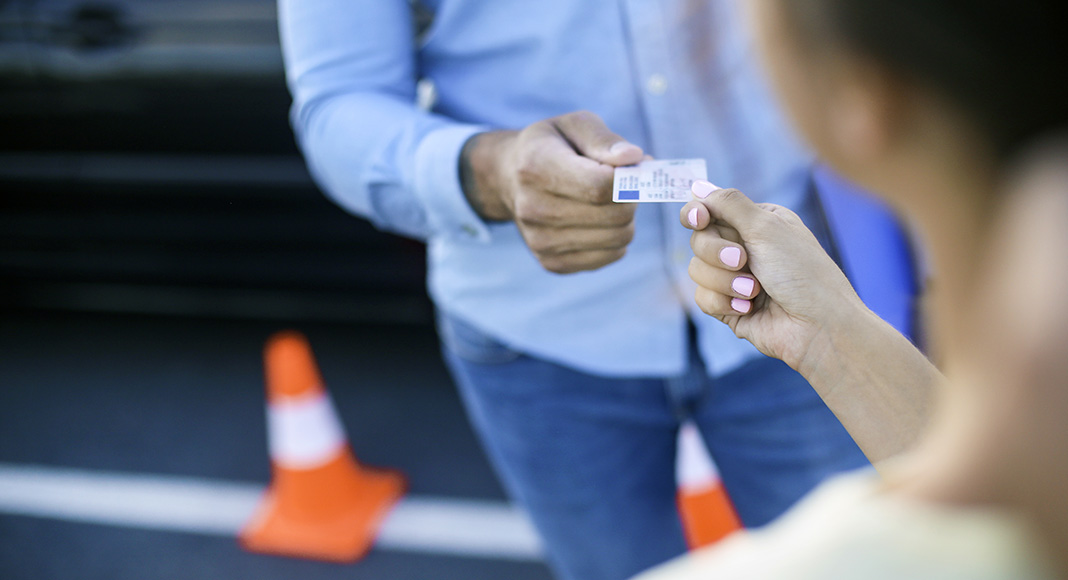Nearly two-thirds of people surveyed would support a phased driving licensing system to safeguard young drivers on UK roads, according to new research.
The study from Brake, the road safety charity, and insurance company AXA UK, revealed 63 percent of people would support such a scheme for young and newly qualified drivers â with only 16 percent saying they wouldnât.
Despite 17â24-year-olds accounting for only six percent of all licence holders in Britain, they represent 18 percent of all car drivers killed or seriously injured.
Brake said young drivers were at greater risk because of age and inexperience and were more likely to take risks.
A new report â Driver testing and education â released this month by Brake and AXA UK, challenges the government to conduct a high-level strategic review of road safety.
The top recommendation from the report is to implement a progressive licensing system that provides safeguards for learner and newly qualified drivers.
A progressive licensing system â which introduces elements such as a minimum learning period and a lower blood alcohol limit, while also reducing the number of similar-aged passengers a newly licensed driver can carry â has proved successful in reducing road deaths and injuries of young drivers in other countries.
Brake said a similar system in New Zealand led to a 23 percent reduction in car crash injuries for 15â19-year-olds, and a 12 percent reduction for 20â24-year-olds.
Ross Moorlock, interim CEO at Brake said the report showed there was âclear public support and appetiteâ for a licensing system and for ensuring the safety of young drivers was prioritised.
âWe ask the government to ensure that in another six years we arenât still asking for a system that we know could help safeguard young and new drivers on our roads,â he added.



















